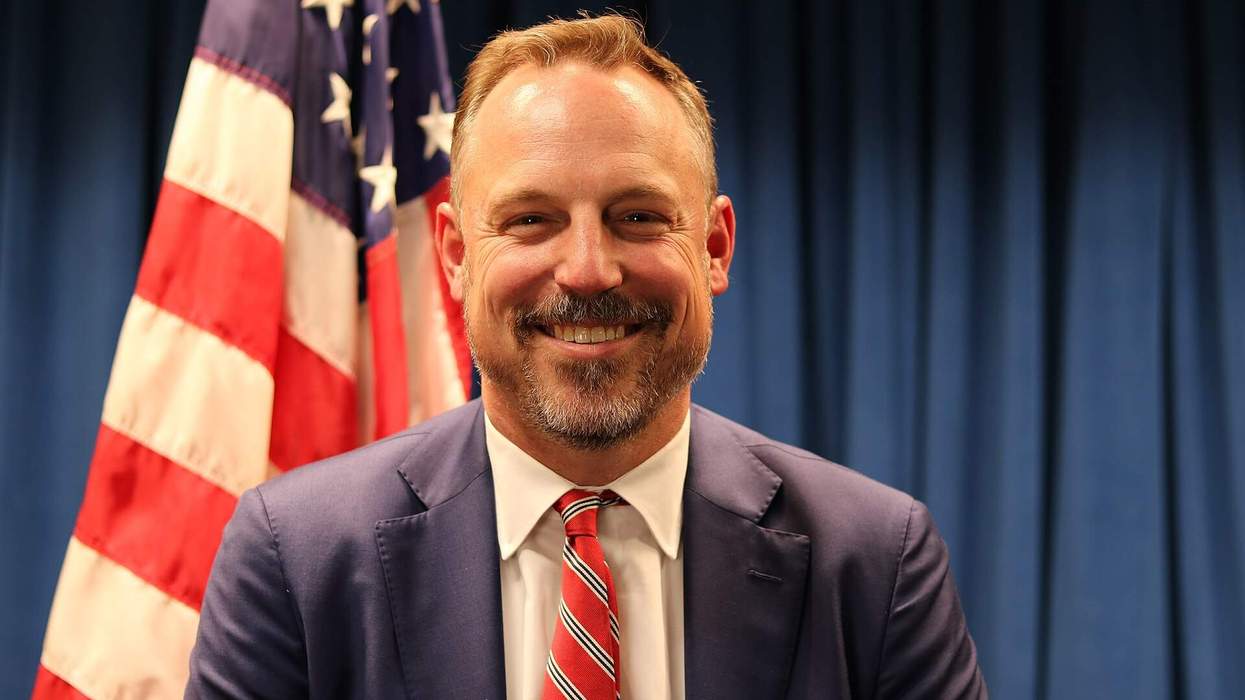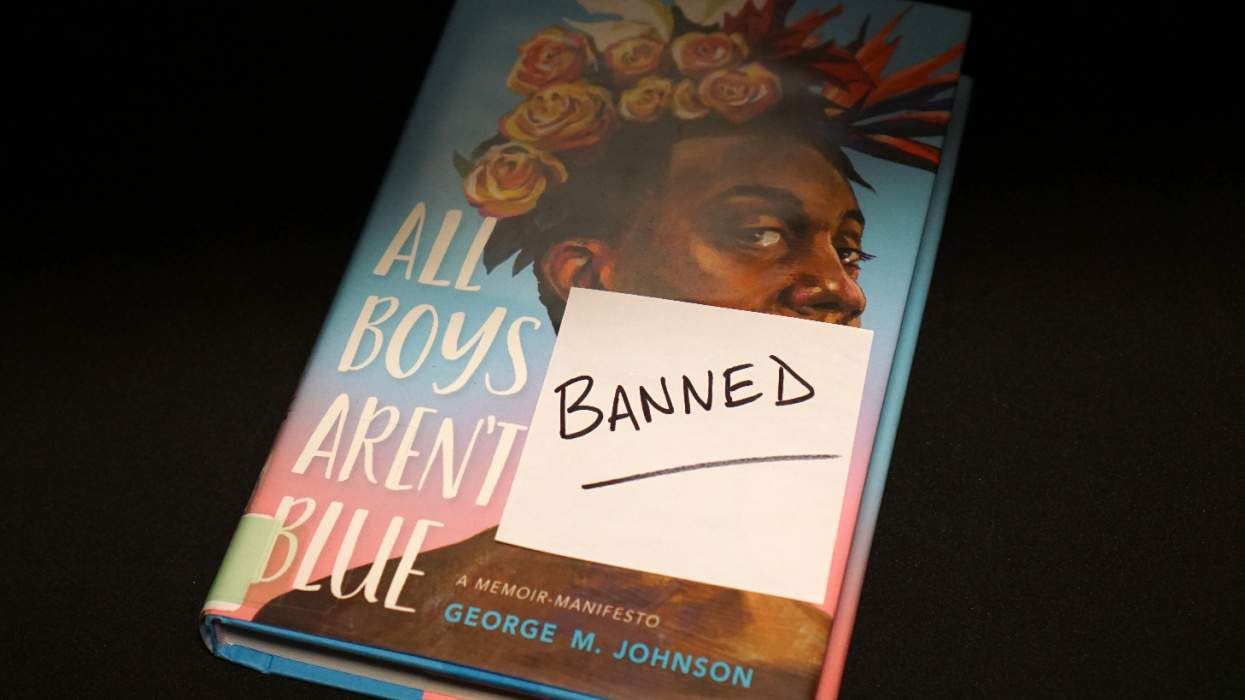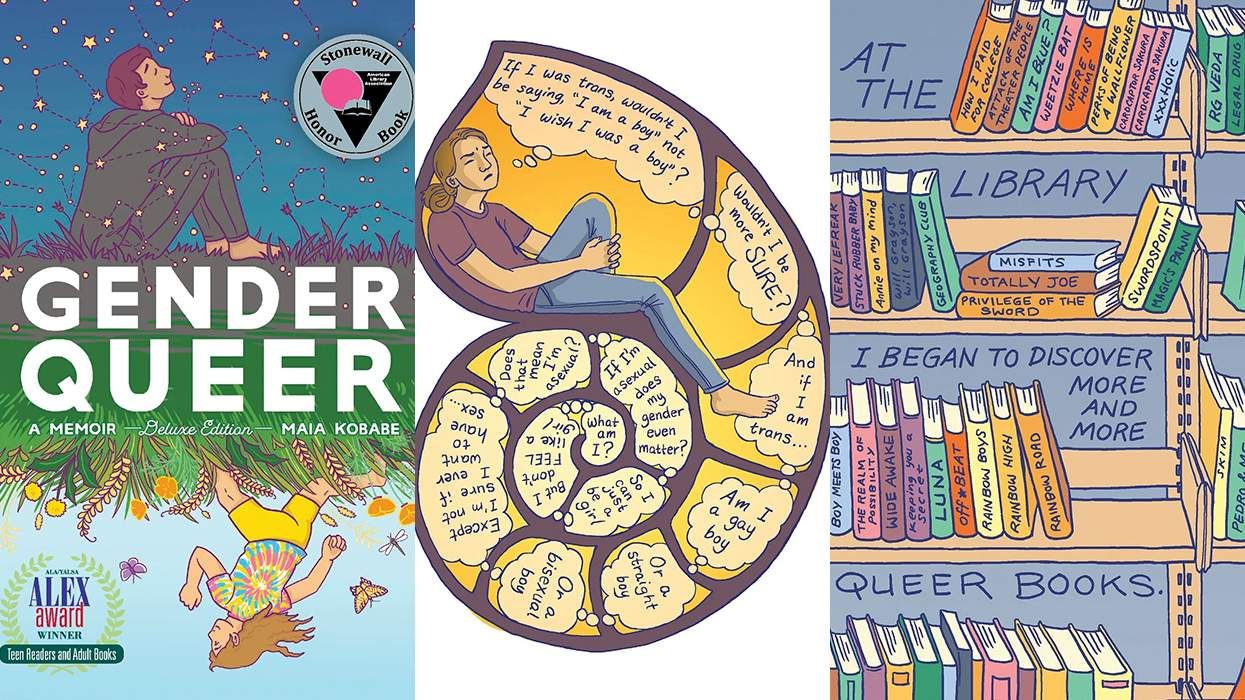For children of the '70s, the theme was unmistakable. Though it only ran three seasons, The Bionic Woman, which was spun off from the equally iconic Six Million Dollar Man, had everything: a secret agent who had been rebuilt as half robot after a devastating skydiving accident. Intriguing adventures that put her undercover in various dangerous operations around the world. There were even fights with the Sasquatch (in the show's universe, he was real), female robots (called Fembots), and in her final season, the bionic woman even got her own bionic dog (Max). (For those in need of a bionic fix during the pandemic, you're in luck: The entire show is available on DVD.)
Just to prove he takes his bionics very seriously, University of South Carolina English professor David Greven has gone in deep with his latest book, The Bionic Woman and Feminist Ethics (McFarland), which analyzes the beloved cult TV show and its titular heroine, Jaime Sommers (memorably played by Lindsay Wagner), through both feminist and queer theory. It may sound like a stretch, but Greven -- who is equal parts scholar and fanboy -- makes the enthusiastic case for The Bionic Woman as a radical piece of pop culture, for both kickass women and queer audiences. The result is a fun and invigorating read. Greven, who previously penned Gender and Sexuality in Star Trek: Allegories of Desire in the Television Series and Films (2009), talked to The Advocate about all things bionic --including what the bionic woman would have done to fight COVID-19.
The Advocate: Why the fascination with The Bionic Woman, and how do you think that ties in with being gay?
David Greven: The Bionic Woman endures for many reasons, the first being that it was a trailblazer in female-centered science fiction and other kinds of TV genre drama, paving the way for Dark Angel, The Sarah Connor Chronicles, Witchblade, Alias, and even Homeland. And of course Buffy Summers. In terms of gay appeal, Jaime Sommers (Lindsay Wagner) was a character who began as deeply vulnerable, at war with her own identity, and gained strength, confidence, and resilience over time, an apt metaphor for the journey from the closet to self-acceptance. While one could see her secret bionic identity as a form of the closet, I prefer to see it as the gay/queer/trans person's own understanding of their secret reserves of wonderful distinctiveness, waiting to be set free. As a gay man who loves movies and television with female leads, ranging from the classical Hollywood woman's film to Sex and the City, I have found Sommers a source of strength and identification for most of my life (I was 5 years old when her character was first introduced on The Six Million Dollar Man). I also believe that Bionic's themes of the chosen family -- Jaime having been raised by Steve Austin's parents, Helen and Jim, and her workplace family of her boss Oscar Goldman, bionic doctor Rudy Wells, and best friend, Oscar's office administrator, Callahan -- speak resonantly to the experiences of many queer people.
I get the obvious connection the show and character would have to feminist theory, but how do you see them connected to queer theory?
I draw on feminist theorists like Martha Nussbaum and Alice A. Kuzniar in an effort to create a dialogue between high theory and popular culture. My queer theory background, immersion in the writings of Eve Kosofsky Sedgwick, Judith Butler, Leo Bersani, Lee Edelman, and others, and especially my investments in psychoanalytic theory give me an understanding of the constructed nature of gender roles. Jaime Sommers's transformations into a bionic woman intersect, metaphorically, with the process of being socialized as gendered beings. Moreover, the overlapping themes of gender, class, sexuality, and desire that are the focus of the most powerful works of queer theory find an enormously stimulating complement on Bionic, particularly episodes involving Jaime's double, Lisa Galloway, first introduced as a malicious doppelganger but then positively treated as a suffering person who desires Jaime's own identity. In the language of psychoanalytic queer theory, she's more Jaime than Jaime is. I also want to say that Bionic has been embraced by a filmmaker who performs queer theory through his work, Jonathan Caouette, whose exhilarating 2003 American documentary film Tarnation includes footage of him as child giving his best emotionally wrought performance as Jaime's double, Lisa.
There was something pretty dang gay about those fembots!
Oh, absolutely! In my chapter "Fembot Theory," I discuss the theme of lesbian cruising, an understudied social phenomenon that one researcher began tracking around the time that Bionic first aired. In the episode "Fembots in Las Vegas, Part 1," there is a remarkably sustained sequence in which Jaime follows a suspected Fembot named Tammie Cross (Jaime bionically hears the telltale Fembot hum) to a penthouse apartment, hears Tammie deliver a flawlessly simulated set of declarations of love to her rich scientific-inventor boyfriend (the Fembots are planning to steal his energy-ray weapon), then follows Tammie to a secret lair behind a stage, right after Tammie herself turns around to make sure Jaime sees and follows her in there. The sequence plays out like something from William Friedkin's Cruising. I think for gay men the Fembots also hold a particular appeal in that they enact fantasies of passing and masquerade. Interestingly, in the 1950s, people who were gay but not out spoke not of the closet but instead of the mask, "wearing your straight mask outside." It's interesting that Jaime Sommers first discovers the true nature of the Fembot when, in a memorable scene, she knocks off the face mask of the evil redhead Fembot Katy and screams at the sight of the revealed robot circuitry.
Wow, you know The Bionic Woman really well. Any revelations while researching the book?
Bionic ran for three seasons, the first two on ABC, the third on NBC. Generally speaking, fans consider the third season a lesser one. Certainly its tone is quite different. But the third season is quite remarkable in its own right, especially for its exploration of Jaime Sommers's sexuality and autonomy. Not being able to mention her first love and bionic counterpart Steve Austin (Lee Majors) anymore for copyright reasons due to the switch in networks, Jaime was now free to date. In one memorable moment in the episode "The Pyramid," Jaime, punching through a concrete wall to discover the source of an alien signal, turns to her date, the hunky blond mustachioed Chris Williams (Christopher Stone), and asks, "Is this a turnoff to you?" (It isn't, given that he becomes her main love interest this season.) In another episode this season, Jaime has a romantic relationship with a Native American man. And in the final episode of the series, "On the Run," Jaime threatens to leave heterosexuality behind altogether, forging an autonomous life as a frontier woman in her effort to elude the control of a now-sinister government that sees her as property.
It must be asked: What would the bionic woman do to fight COVID-19?
Jaime would ask everyone to stay at home and self-quarantine ... as she and Oscar Goldman and Rudy Wells worked behind the scenes to produce a vaccine. In an episode from season 2, "The Vega Influence," Jaime does, indeed, battle a horrible outbreak that begins on an Arctic research base and threatens to turn the world's population into zombies. The outbreak emanates from a meteorite. Jaime bonds with a young deaf woman who is immune to the alien hum and works with her to free the research base zombies. I imagine Jaime today would reach out to the most vulnerable among us and make sure they were protected, risking her life to procure PPE for all of the world's hospitals and helping to break today's versions of zombie-making mind control.
A longtime contributor to The Advocate, Matthew Hays teaches media studies at Concordia University and Marianopolis College in Montreal. His work has also appeared in The Guardian, Vice, The New York Times, and Cineaste. He also loves The Bionic Woman.















Charlie Kirk DID say stoning gay people was the 'perfect law' — and these other heinous quotes
These are some of his worst comments about LGBTQ+ people made by Charlie Kirk.